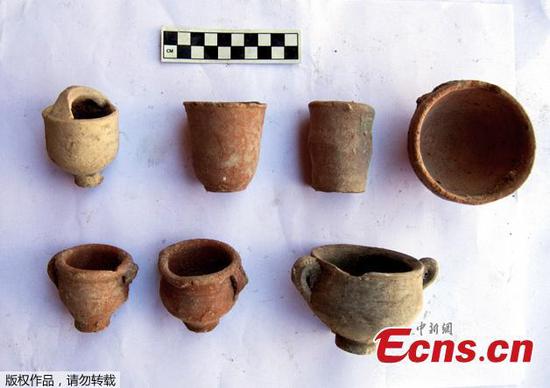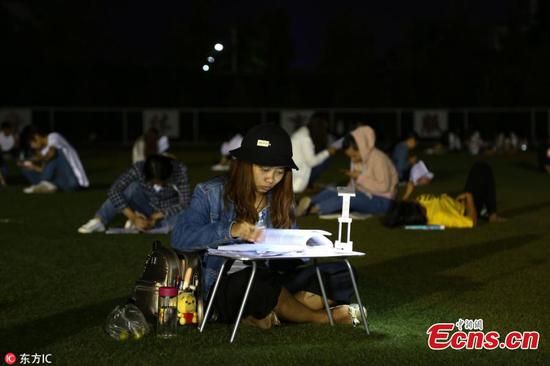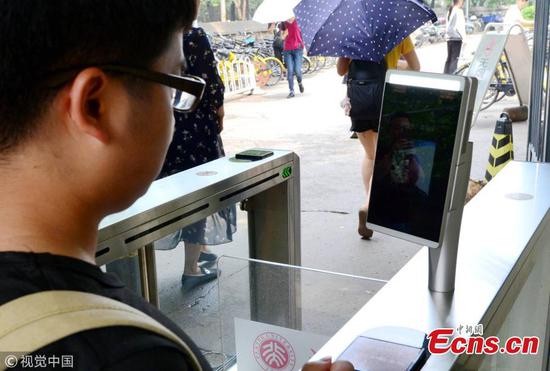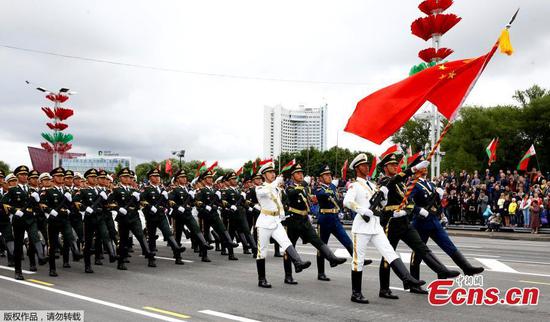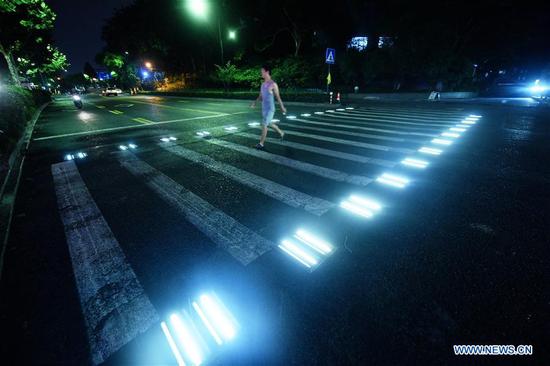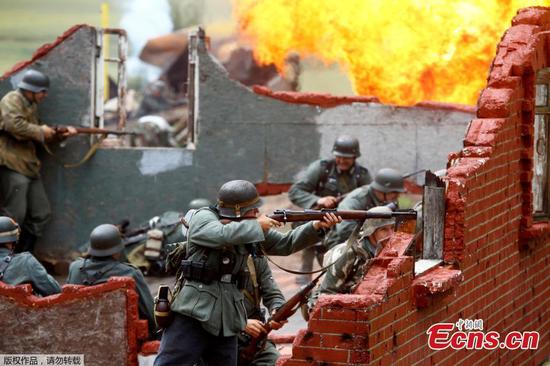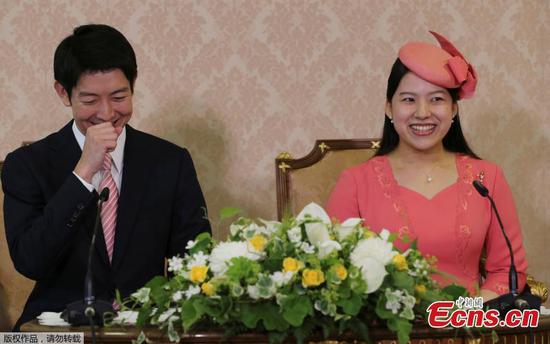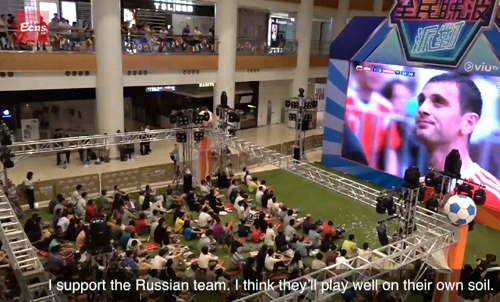Most people might know that Chinese companies are advertising their brands at the ongoing FIFA World Cup, but few know some are also building the stadiums themselves.
A Chinese company is providing container modules for one of the stadiums of the 2022 World Cup, which will be held in Qatar. It is the first time that this cutting-edge building concept is being adopted in the construction of a large sports ground.
Modular construction is a form of prefabricated construction that allows major structures or components of a building to be made in factories and transported to a construction site for assembly, thereby saving time and reducing waste.
"Strictly speaking, we are not 'building' the stadium, but 'manufacturing' it," said Wang Fei, project manager of Yangzhou manufacturing base of China International Marine Containers (Group) Ltd, a Shenzhen, Guangdong province-headquartered logistics and energy equipment supplier.
As one of the 12 newly built stadiums for the next World Cup, the Ras Abu Aboud Stadium covers 450,000 square meters and is able to accommodate 40,000 spectators. The sports ground will be seven storys high and consist of 990 container modules.
Manufacturing work is expected to start this month and be completed in April 2019. The container modules will be shipped to Qatar in batches from October onward.
"By using container modules, the stadium's construction time can be cut by three years. It can also save building materials and reduce emissions," Wang said.
He said the biggest advantage of the construction approach is that the architecture is detachable. That means the container modules can be re-used for other purposes, for example, to serve as public housing.
"For countries holding large international matches, how to make use of the stadiums after the events is a major problem, especially for small countries like Qatar," Wang said.
China is promoting modular construction domestically, as the country attaches ever-higher importance to environmental protection. According to a guideline issued by the central government in 2016, China will create more supportive policies to promote the use of prefab construction, with the aim of making it account for 30 percent of new buildings within about 10 years.
The civic service center of Xiongan New Area in northern Hebei province, a State-level economic zone set up last year, is a typical example. The landmark project includes 89 serviced apartments covering 4,475 square meters and six office buildings. Nearly 600 modules are needed.
Internationally, modular construction is being applied in more and more countries. According to China International Marine Containers, it has so far provided more than 35,000 hotel rooms and apartments for its partners in the United States, Britain, Japan, Australia and other countries and regions.
According to industry intelligence firm ReportBuyer, the global modular construction market was led by the Asia-Pacific region in 2016 with a 46.3 percent market share, followed by North America with 27.6 percent.
It forecasts the market will grow at an average annual rate of 5.95 percent by 2023.











